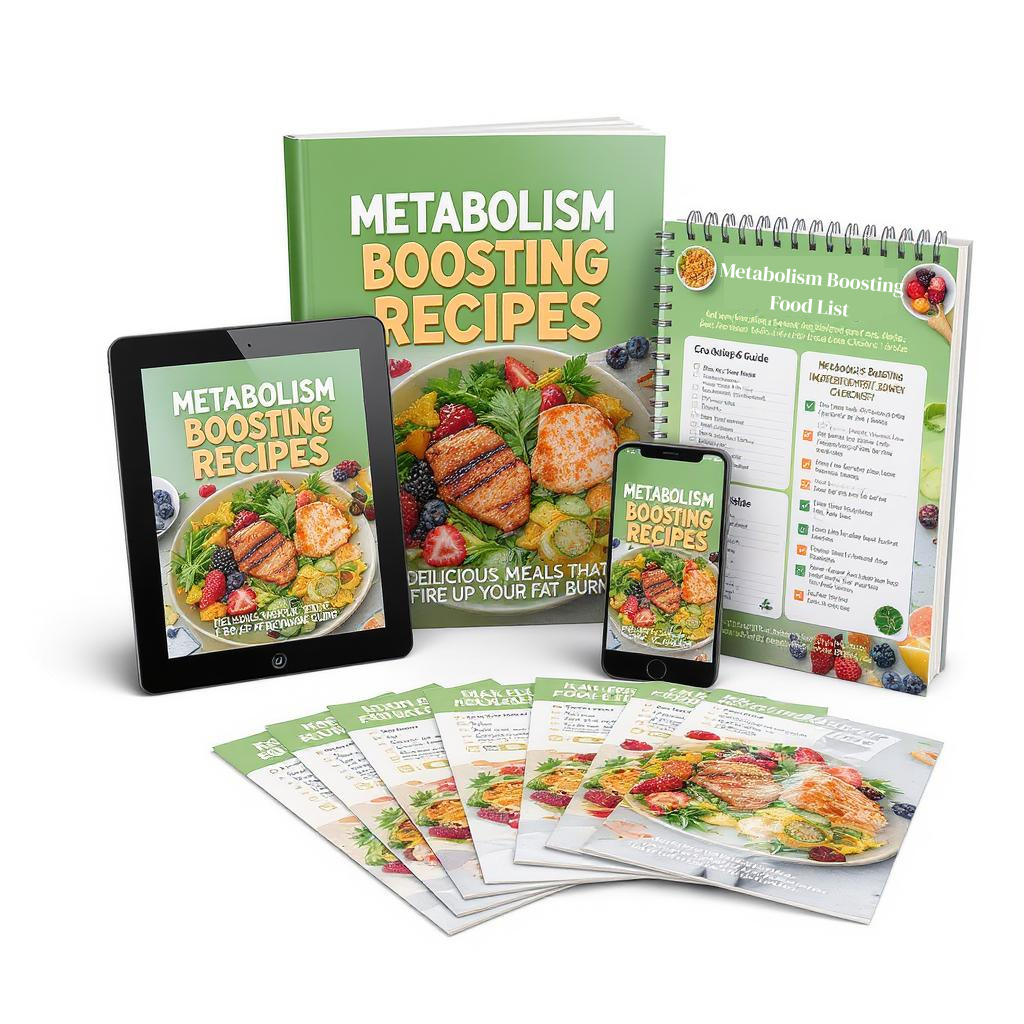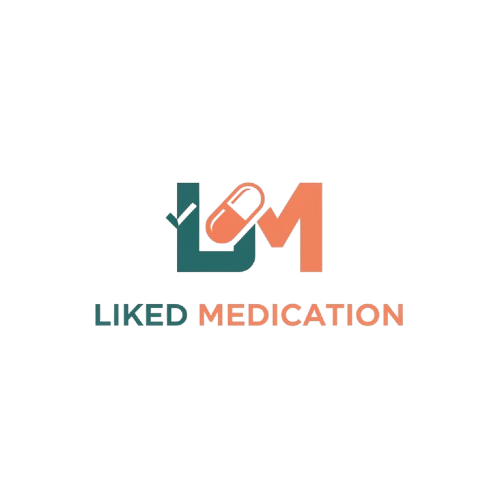30-Day Metabolism Challenge Review – $28 Video Program & Low Refunds

30-Day Metabolism Challenge Review – $28 Video Program with Real Results Losing weight after 30 or 40 isn’t as easy as it used to be. Slower metabolism, lifestyle habits, and hormonal changes can make fat loss feel impossible. That’s where the 30-Day Metabolism Challenge comes in – a structured video-based program designed to boost your metabolism naturally, helping you burn fat more efficiently in just 30 days. In this review, we’ll cover what the challenge includes, its benefits, real results, and whether it’s worth the $28 price tag. What Is the 30-Day Metabolism Challenge? The 30-Day Metabolism Challenge is an online video program specifically designed for adults over 30 or 40 who struggle with slow metabolism and stubborn weight. Rather than extreme diets or hours of cardio, it focuses on: Metabolism-boosting techniques Daily video lessons – simple and easy to follow at home Practical lifestyle hacks that support long-term fat loss Impact-Site-Verification: 46374de8-c449-41bd-8483-3102c65fe6d4 Once you join, you get instant digital access to the member area, including all video lessons and resources. Check it out here: Join the 30-Day Metabolism Challenge for $28 What’s Inside the Member Area? When you sign up, you’ll receive: Step-by-step daily video lessons – Each day builds on the last, so you never feel overwhelmed. Metabolism hacks – Small changes with a big impact on fat burning. Nutrition guidance – Practical tips without starving yourself. Community support – Connect with others on the same journey. Everything is organized clearly to save you time and keep you accountable. Access the full member area here: 30-Day Metabolism Challenge – Start Now Why $28 Is a Big Deal Most weight-loss programs cost $97–$297 or more, but the 30-Day Metabolism Challenge is just $28 – cheaper than a single night out. Additionally, it has a very low refund rate, indicating that most participants are satisfied with their results. Real Results – Does It Work? According to user testimonials, participants often report: Increased energy and reduced fatigue Improved digestion and less bloating A few pounds lost within the first two weeks Clothes fitting better by the end of 30 days While results vary depending on consistency, diet, and lifestyle, the structured format makes it easier to stick with the program. Pros & Cons Pros Affordable one-time payment ($28) Step-by-step daily video lessons Practical tips instead of extreme diets Digital access – start immediately Very low refund rate – high satisfaction Cons Requires daily commitment 100% digital – no physical books/DVDs Not a substitute for professional medical advice Who Is It For? This program is ideal for: Men and women over 30–40 looking to reignite a slow metabolism Busy professionals who don’t want complicated diets or intense workouts Beginners who need clear, guided steps Anyone frustrated with yo-yo dieting who wants a structured 30-day reset It’s not for people seeking instant results or those unwilling to commit a few minutes daily. FAQs About the 30-Day Metabolism Challenge 1. Do I need to exercise?The program includes light activity suggestions, but it’s not a heavy workout program. 2. Is it safe?Yes, the methods are natural, but consult your doctor if you have medical conditions. 3. Do I need supplements?No the focus is on lifestyle and nutrition changes, not pills or powders. 4. Can I repeat the challenge?Yes, lifetime access allows you to repeat it anytime. 5. What if it doesn’t work for me?There is a low refund rate, but a policy exists for unsatisfied customers. Final Verdict The 30-Day Metabolism Challenge is a simple, affordable, and effective program to naturally boost your metabolism. At just $28, it’s a low-risk way to kickstart fat loss and see real results. If you’ve struggled with slow metabolism or stubborn fat, this structured 30-day plan could be exactly what you need. Ready to get started?Click here to join the 30-Day Metabolism Challenge today Disclaimer This article is for informational purposes only and does not replace medical advice. Always consult a qualified healthcare provider before starting any new diet, exercise, or health program. Results may vary.
Herbalist Remedies – Natural Healing Solutions for Body & Mind

Herbalist Remedies – Natural Healing Solutions for Body & Mind Table of Contents Introduction What Are Herbalist Remedies? Benefits of Herbal Remedies Natural & Safe Affordable Wellness Mind & Body Balance Popular Herbal Remedies You Should Know Chamomile Ginger Turmeric Peppermint Ginseng Aloe Vera Herbal Remedies for Mental Wellness How to Incorporate Herbalist Remedies into Daily Life Risks and Precautions Final Thoughts 1. Introduction In today’s fast-paced world, more people are turning back to herbalist remedies as a natural alternative to synthetic medications. For centuries, cultures around the globe have relied on herbs, roots, leaves, and natural extracts to heal the body, calm the mind, and restore balance. Unlike pharmaceutical drugs, herbal remedies are rooted in tradition, often passed down through generations. Today, modern science also confirms many of their benefits, making them a powerful option for anyone seeking holistic and natural healing solutions. 2. What Are Herbalist Remedies? Herbalist remedies are natural treatments created from plants, roots, seeds, and flowers. They can come in many forms, including: Herbal teas for relaxation and digestion Tinctures and extracts for concentrated healing Topical creams and oils for skin health Herbal supplements for overall wellness An herbalist someone trained in herbal medicine carefully selects specific plants to treat various conditions, ranging from digestive issues to stress, insomnia, and chronic inflammation. 3. Benefits of Herbal Remedies Natural & Safe One of the greatest advantages of herbal remedies is their natural origin. They are generally gentler on the body compared to synthetic drugs, with fewer side effects. Affordable Wellness Herbal medicine is cost-effective. Many remedies can be grown in your own garden or found at local markets, making them accessible to nearly everyone. Mind & Body Balance Herbs do more than heal physical conditions. Many are known to calm the mind, reduce stress, and improve emotional well-being 4. Popular Herbal Remedies You Should Know Chamomile Used for relaxation and better sleep Helps with mild digestive issues Popular as a calming tea Ginger Reduces nausea and motion sickness Aids digestion and improves circulation Acts as a natural anti-inflammatory Turmeric Contains curcumin, a strong antioxidant Reduces joint pain and arthritis symptoms Supports overall immune health Peppermint Relieves bloating and indigestion Improves breathing and clears sinuses Helps reduce tension headaches Ginseng Boosts energy and mental clarity Strengthens the immune system Helps the body adapt to stress Aloe Vera Soothes skin irritations and burns Supports digestion when taken internally Popular in natural skincare products 5. Herbal Remedies for Mental Wellness Herbal medicine doesn’t just treat the body—it also supports the mind. Here are some of the best herbs for mental and emotional health: Lavender → Reduces anxiety and promotes sleep St. John’s Wort → Supports mild depression and mood balance Ashwagandha → Boosts energy, reduces stress, and improves focus Incorporating these herbs into your daily routine can lead to better emotional balance and mental clarity. 6. How to Incorporate Herbalist Remedies into Daily Life Adding herbal remedies to your lifestyle is easier than you might think. Here are a few practical ways: Start with Herbal Teas – Drink chamomile before bed or peppermint after meals. Cook with Healing Herbs – Add turmeric, ginger, or garlic to your dishes. Use Natural Skincare – Try aloe vera or herbal-infused oils for healthy skin. Take Supplements Carefully – Choose high-quality herbal capsules if you prefer convenience. Create a Routine – Consistency is key for herbal remedies to work effectively. 7. Risks and Precautions Although herbal remedies are natural, they’re not risk-free. Keep these points in mind: Some herbs can interact with prescription medications. High doses may cause side effects. Pregnant women and individuals with chronic illnesses should consult a doctor before use. Always buy herbs from trusted sources to ensure purity and safety. 8. Final Thoughts Herbalist remedies provide a bridge between traditional wisdom and modern wellness. From calming teas to powerful anti-inflammatory herbs, these natural solutions can support your body, mind, and spirit. By incorporating herbal medicine into your routine, you can enjoy better health, greater energy, and emotional balance—without relying solely on synthetic drugs. Take the first step toward natural healing today—try adding one herbal remedy to your lifestyle and feel the difference 9. A Brief History of Herbal Medicine Herbal remedies are not a new trend. They have been at the core of traditional medicine systems for thousands of years. Traditional Chinese Medicine (TCM): Uses herbs like ginseng, licorice root, and goji berries to balance energy (Qi) in the body. Ayurveda (India): Relies heavily on herbs such as ashwagandha, turmeric, and holy basil (Tulsi) to promote balance between body, mind, and spirit. African & Middle Eastern Traditions: Aloe vera, black seed (Nigella sativa), and fenugreek have long been used for healing. Western Herbalism: Chamomile, peppermint, lavender, and echinacea are common remedies used in Europe and North America. This rich history shows that herbal remedies have stood the test of time, and now modern science validates many of their healing properties. 10. Scientific Backing of Herbal Remedies While some people dismiss herbal remedies as “folk medicine,” research increasingly supports their benefits. Examples include: Turmeric (Curcumin) → Proven to reduce inflammation in arthritis patients. Chamomile tea → Shown in studies to improve sleep quality and reduce anxiety. Ginger → Clinically effective in reducing nausea from chemotherapy and pregnancy. Peppermint oil → Shown to ease symptoms of irritable bowel syndrome (IBS). Science is now catching up to what traditional healers have known for centuries. 11. Common Conditions Herbalist Remedies Can Help With Digestive Health Peppermint → eases bloating and indigestion Ginger → relieves nausea and supports gut health Stress & Sleep Chamomile → calms the nerves and improves sleep Lavender → reduces anxiety and stress-related headaches Joint & Muscle Pain Turmeric → natural anti-inflammatory for arthritis Arnica → topical herb for muscle pain and injuries Immune System Support Echinacea → boosts immune response against colds and flu Ginseng → strengthens resistance to illness 12. Herbalist Remedies vs. Conventional Medicine Aspect Herbalist Remedies Conventional Medicine Origin Plant-based, natural Synthetic or chemical Approach

